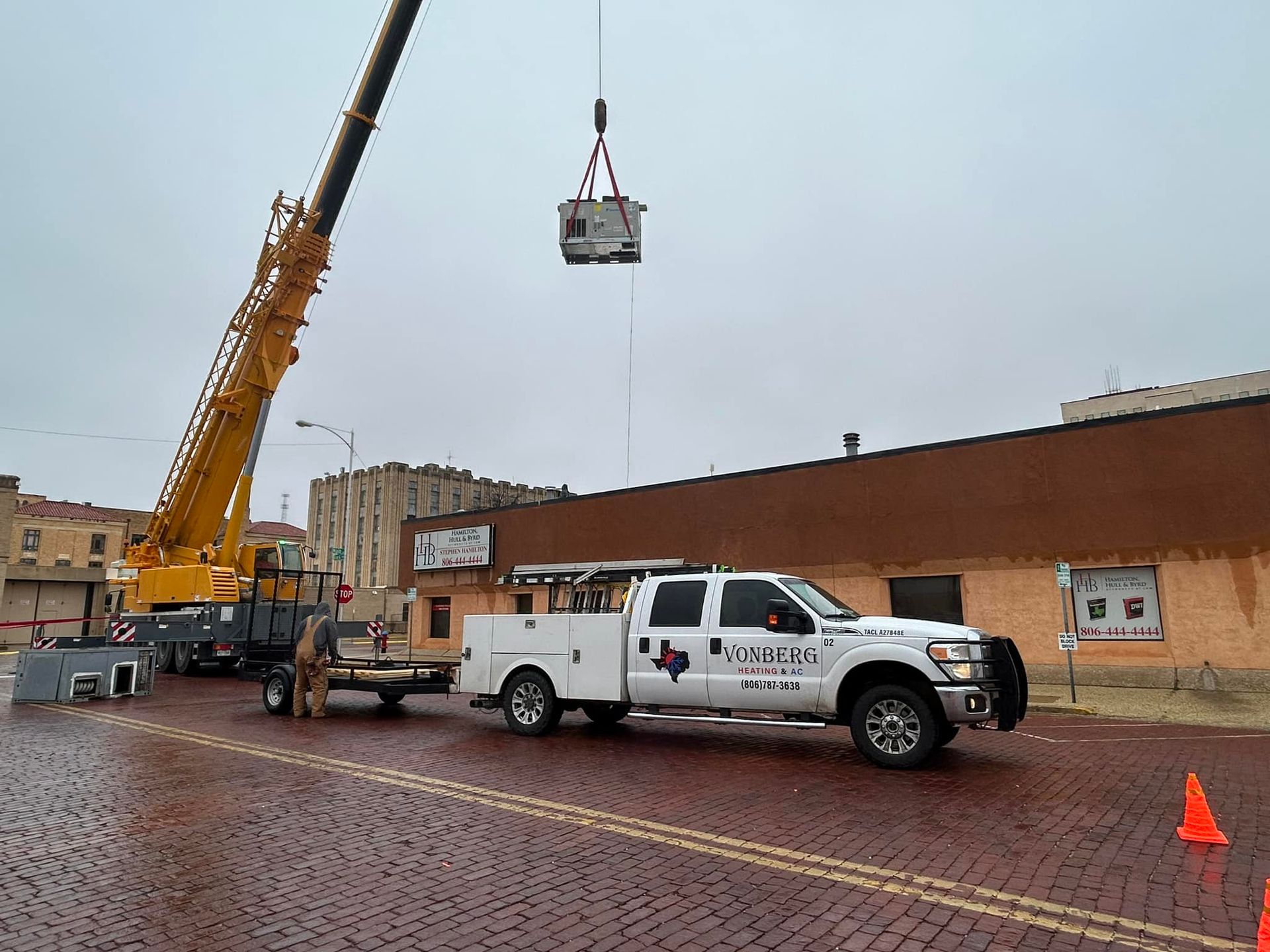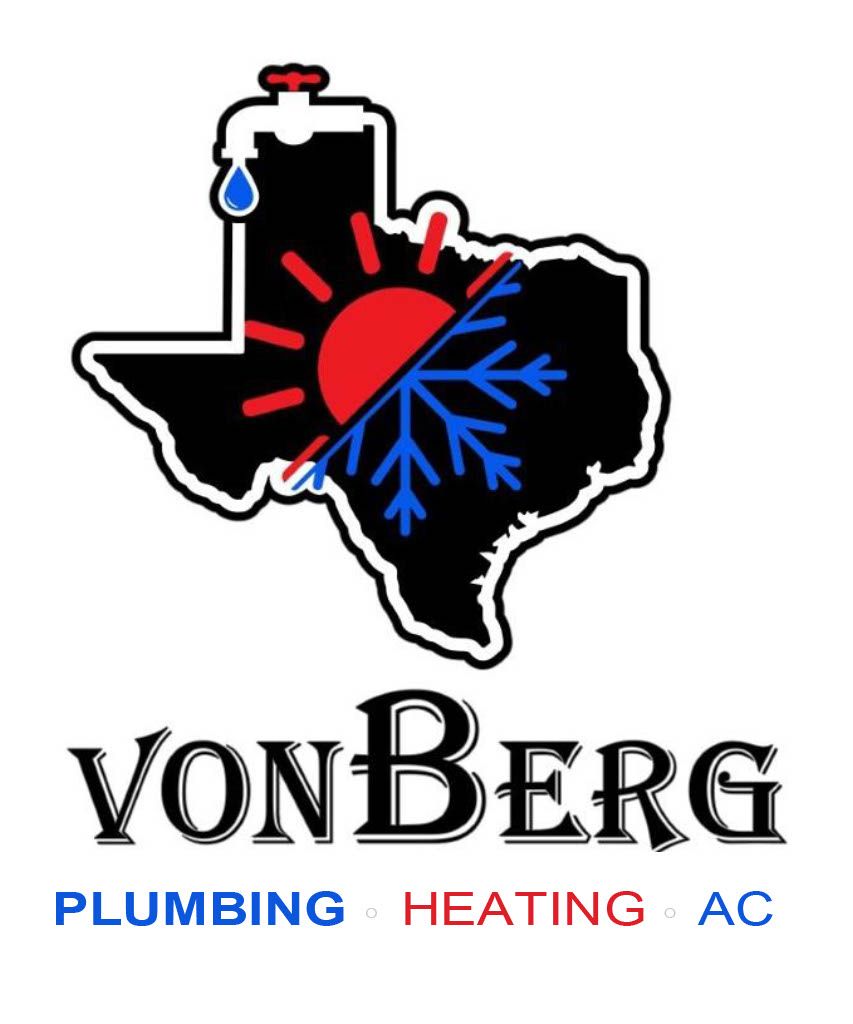Frequently Asked Questions
Replace Your Air Conditioner When It Has Trouble Keeping Up
Air conditioners, like all machines, lose efficiency over time and might need to be replaced. Part of this is due to normal wear and tear, but another factor is increasing temperatures world-wide. A 3-ton air conditioner might have cut it when your old AC unit was installed, but many older houses (pre-2000) did not have adequate insulation for today’s temperatures, and by the way, electricity was a lot cheaper back then too.
Now, however, it is a bigger deal if your old air conditioner is running all the time to keep up, and it gets expensive. Is your AC always running on hot days? Do some rooms feel hot no matter what you set your thermostat to? A 4-ton air conditioner might be a more appropriate size these days (in this example), and modern air conditioners are designed to save energy by not running so often, meaning that they are often times sized differently than they used to be.
Repair VS Replace
Figuring out whether you should repair or replace your HVAC System can be a difficult decision to make. You’d be surprised at how often we get called out for a second opinion, only to find that the old HVAC System has plenty of life still in it and doesn’t need to be replaced, as other contractors have told them. Figuring out when to repair or replace your air conditioner can be tough. To begin with, replacing an HVAC System can be a pricy endeavor, so make sure that your old HVAC unit is on its last leg before doing so. To be clear, in most circumstances, an HVAC System can be repaired. Remember that anything can be repaired, but just like pouring money into an old car, at some point it becomes more financially prudent for you to just replace it with a new one. Here are some common reasons an HVAC system should be replaced:
Why is indoor air quality important?
Indoor air quality is one of the most essential components of a healthy home. Poor indoor air quality can lead to a variety of health problems and can even cause respiratory illnesses such as allergies and asthma. It can also cause fatigue, headaches, and other respiratory ailments.
Fortunately, some steps can be taken to ensure your home’s indoor air quality is kept at its highest level possible. For starters, it’s essential to keep the air in your home clean by regularly vacuuming and dusting surfaces to remove any allergens or pollutants from the air. Additionally, investing in an air purifier for your home will help trap airborne particles like pollen and pet dander, thus preventing them from being breathed in.
It is also important to ensure your home has adequate ventilation, as this will help keep the air circulating and prevent pollutants from lingering in one place for too long. If you have an older home that does not have good ventilation systems, such as a single window or poor insulation, it may be worth investing in better ventilation solutions. Installing fans throughout your home can also increase airflow and reduce indoor air pollution.
Finally, avoiding using aerosol products or other chemicals inside your home, if possible, is essential. These products can contain potentially harmful toxins, adversely affecting indoor air quality.
How often should my HVAC system be serviced?
When it comes to your heating and cooling system, regular maintenance is key! It will keep your unit running at its peak efficiency and performance and save you money in the long run. But how often should your heating and air conditioning system be serviced?
Most experts recommend having an annual service check-up on your air conditioner and heating system. During this appointment, a professional technician will inspect and clean all of the components of the system to ensure that everything is in working order. They may even replace any worn parts or perform minor repairs if necessary. It’s important to remember that these check-ups are preventative measures to help avoid costly future repairs.
In addition to the annual service check-up, it’s essential to regularly check the air filters in your system. Dirty and clogged filters can restrict airflow, causing your HVAC system to run inefficiently and use more energy than usual. Depending on the type of filter you have, they should be changed every 30-90 days.
By adhering to these service guidelines, you can keep your HVAC system running smoothly all year round! Regular maintenance will not only help extend the life of your unit — it will reduce monthly energy costs. So make sure to contact a professional technician for an annual service check-up and inspect your air filters at least once a month for optimal performance.
How Often Should I Change My Air Filter?
Your HVAC system’s standard air filter is in place to block allergens from reentering your home’s air and from infiltrating the interior components of your air conditioning and forced-air heating systems. When the air filter becomes too clogged, it decreases HVAC efficiency.
To ensure proper HVAC efficiency, you should change the air filter as follows:
- 1″ Filter – every 1-2 months
- 2″ Filter – every 4 months
- 4″ Filter – every 6-8 months
- Electronic Air Cleaner – every 3 months
What Is in the Air I Breathe in My Home?
The air in your home is filled with the same pollutants as the outside air. In fact, these pollutants can be found in higher concentrations within the home, and require the right combination of indoor air quality solutions to resolve.
The most common contaminants and allergens found inside Sacramento homes include:
- Dust
- Pollen
- Particles from
- Household
- Cleaners
- Mold Spores
- Pet Dander
The particles from these pollutants degrade your indoor air quality by making the air in your home unhealthy. Fortunately, there are various products and services we provide to improve your home’s air quality. Be sure to speak to one of our Diagnostic Engineers or Installation Specialists about your options to help determine the best choice for your home.
When Does My HVAC System Need to Be Replaced?
If you have an older air conditioner or heater—generally speaking more than a decade old—then you might want to consider an upgrade to a more energy-efficient system. An upgrade can save you money on utility bills and costly repairs in the future.
Could My System Be Causing My High Energy Bills?
Your HVAC systems contribute to approximately 50% of your entire energy bill each month. If you have an aging system, or your system hasn’t been properly maintained over the years, your bills could be a lot higher than you’d expect.
Make sure you entrust a qualified HVAC technician to inspect your system and repair any issues, so that it will work at its peak performance. You may also consider an upgrade to a more energy efficient model to keep your energy costs down. Consider too the installation of a home automation system, including a WiFi/Smart thermostat, to regulate temperature when you are away.
How do I heat and cool my home efficiently?
One of the simplest yet most effective ways to heat and cool your home efficiently is by using an energy-efficient HVAC system. This system saves you money on monthly utility bills and helps keep your home comfortable all year round. Plus, it reduces your environmental footprint by reducing carbon emissions from fuel-burning activities.
When selecting an HVAC system, it’s important to consider the size of your home and the energy efficiency levels of various models. For example, a larger home may require a more powerful system for efficient cooling in the summer and heating in the winter. It would be best if you also looked for an Energy Star-rated unit, which will be more energy efficient than others on the market.
For additional energy savings, consider using an air source heat pump, which uses the surrounding air to generate heat or cool your home. A ductless heat pump is more efficient than a traditional HVAC system and can provide heating and cooling with just one unit. Plus, they don’t use any fuel or create emissions.
In addition to using an energy-efficient HVAC system, there are some additional tips for heating and cooling your home efficiently:
- Make sure windows and doors are properly sealed to keep cool air from escaping in the summer and warm air from escaping in the winter.
- Install window blinds or shades to help reduce the amount of direct sunlight that enters your home and warms it up.
- Clean air filters regularly to improve the efficiency of your HVAC system.
- Use space heaters and fans judiciously, as they can add significantly to the cost of heating or cooling your home.
By following these simple steps, you can ensure your home is heated and cooled efficiently while reducing energy consumption and saving money. Investing in an energy-efficient HVAC system is a great first step toward making your home more comfortable and cost-effective.

